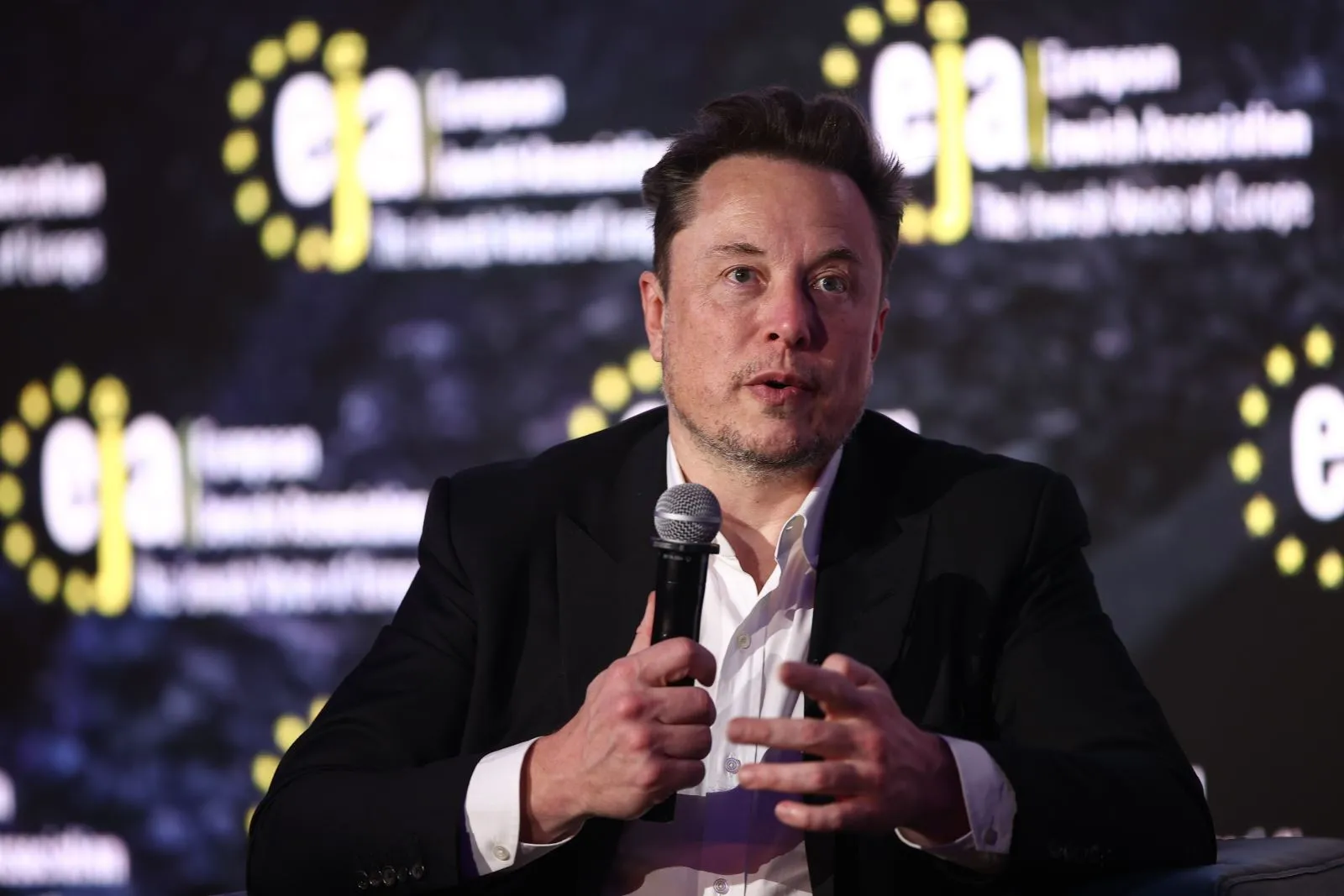
Elon Musk, CEO of Tesla and SpaceX, has ignited a heated debate by calling for a boycott of tournaments that permit biological men to compete in women’s categories. The billionaire took to social media to express his strong stance, sparking widespread discussion across various platforms. Musk's comments reflect a growing concern among some about the fairness and integrity of gender-specific competitions.
The issue of transgender athletes competing in women’s sports has been a contentious topic for years, with advocates for both sides presenting passionate arguments. Proponents of inclusion argue that transgender athletes deserve equal opportunities to participate in sports aligned with their gender identity. On the other hand, critics, including Musk, contend that allowing biological men to compete against women could undermine the principles of fair play.
Musk’s statement comes amid increasing public discourse about the competitive advantages that biological men may have in women’s sports. Several studies have suggested that factors like bone density, muscle mass, and hormonal levels could provide significant physical advantages, even after undergoing hormone therapy. These concerns have led to ongoing debates over how to ensure fairness while respecting the rights of transgender athletes.
The tech mogul’s call for a boycott has drawn both praise and backlash. Supporters of Musk’s position argue that his influence helps highlight the importance of maintaining fairness in women’s sports. They see his stance as a defense of opportunities for female athletes who might otherwise face disadvantages in competition. Critics, however, accuse Musk of perpetuating discrimination and failing to understand the complexities of gender identity and inclusion.

Musk’s involvement in the debate adds another layer of complexity to an already polarizing topic. With his massive online following, his statements often carry significant weight, influencing public opinion and policy discussions. His call for action has already spurred conversations among sports organizations, policymakers, and fans, reigniting debates about how to strike a balance between inclusion and fairness.
This controversy reflects broader societal struggles with balancing competing rights and priorities. Sports organizations worldwide are grappling with the challenge of creating inclusive policies while preserving the integrity of competition. The International Olympic Committee (IOC), for example, has introduced guidelines that require transgender athletes to meet specific testosterone thresholds to compete in certain categories. However, critics argue that these measures may not fully address concerns about competitive advantages.
Musk’s critics have also pointed out the potential harm that his statements could cause to the transgender community. They argue that framing the debate as a threat to women’s sports could fuel stigma and exclusion, undermining efforts to foster understanding and acceptance. Activists and advocacy groups have urged influential figures like Musk to approach the issue with greater sensitivity and nuance, emphasizing the importance of protecting marginalized communities.
Despite the backlash, Musk has shown no signs of retreating from his position. In subsequent tweets, he defended his stance, asserting that his primary concern is the preservation of fairness in sports. He emphasized the need for clear and consistent rules to ensure that all athletes compete on a level playing field. Musk’s comments have also reignited calls for scientific research to inform policy decisions, with some experts advocating for more data-driven approaches to address the complexities of gender and athletics.
The debate over transgender athletes in sports is far from new, but Musk’s involvement has brought renewed attention to the issue. His influence extends beyond the tech industry, making his opinions a focal point in discussions about social and cultural issues. By taking a public stand, Musk has forced many to confront the tensions between inclusion and fairness, a challenge that transcends sports and speaks to larger societal dynamics.
As the conversation continues, sports organizations and governing bodies face mounting pressure to address the concerns raised by both sides. Some have called for the creation of additional competition categories to accommodate diverse identities, while others advocate for stricter rules based on biological criteria. These proposals highlight the difficulty of finding solutions that satisfy all stakeholders in a deeply divided debate.

Ultimately, Musk’s call for a boycott underscores the high stakes of the conversation about gender and sports. His comments have amplified a contentious issue, bringing it to the forefront of public consciousness. While his stance has garnered significant support, it has also drawn criticism for potentially oversimplifying a complex issue with far-reaching implications.
The outcome of this debate could have profound consequences for the future of sports and the broader fight for equality. As sports organizations, policymakers, and society grapple with these questions, the need for thoughtful dialogue and evidence-based solutions has never been more urgent. For now, Musk’s remarks serve as a reminder of the challenges of navigating competing values in an ever-evolving world.



